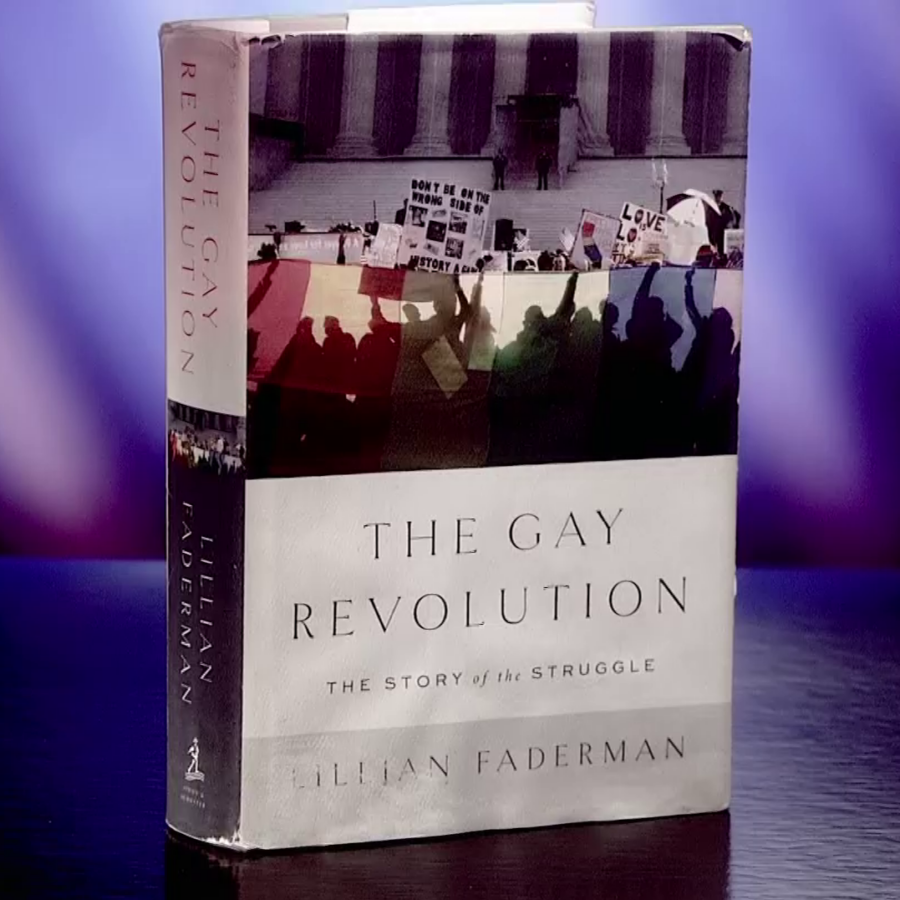In the video above, Brooke Sopelsa, NBC Out editorial director, gives best practices and resources to help reporters who are new to reporting on LGBTQ issues. You can read a summary of her remarks, edited for length and clarity, below.
Consult style guides and glossaries
Covering the LGBTQ community is like any other reporting beat: It requires a certain foundation of knowledge to cover the topic effectively. If someone is just starting to cover LGBTQ issues, first look at some media style guides on LGBTQ issues. I recommend:
📚 Recommended Style Guides
• AP Stylebook
• GLAAD Media Reference Guide
• Human Rights Campaign’s Glossary of Terms
• National Center for Transgender Equality’s Tips for Journalists
• NLGJA Stylebook
• Trans Journalists Association’s Style Guide
Familiarize yourself with definitions of terms about gender and sexuality. You’ll need to know them for when you’re writing and reporting, reading source material or interviewing a member of the community. They may use language — like “cisgender” or “nonbinary” — that you may not be familiar with. Know these terms so you can understand what your interview subject is saying and ask proper follow-up questions.
Learn LGBTQ history

For an overview of LGBTQ history that is often not taught in school, I recommend The Gay Revolution by Lillian Faderman. This book takes readers through the entire 20th century, a time when being gay was criminalized. Nearly every state had anti-sodomy laws, and gay people weren’t allowed to serve in the military. Faderman’s book is a solid foundation on where we were about 100 years ago and how we got to where we are now.
Language is important
I think the LGBTQ community, more than any other, has a language that is changing in real time. In 2016, when I launched NBC Out, we would get a lot of complaints about using the word “queer.” Typically, elderly gay people said, “How dare you use the word ‘queer’? That was the word that was used to attack me by homophobes.” And it was also a word that young LGBTQ people were using to self-identify. Over the next few years, I’ve seen the word “queer” be more and more embraced by LGBTQ people of all ages.
Some terms we often use at NBC Out may be unfamiliar to many people in our audience. To make our reporting accessible, we’ll explain some of these words or add a hyperlink to an explainer. It’s about getting issues of language right. No community, no individual wants to be referred to in language that they don’t feel comfortable with.
Ask questions
Don’t be afraid to ask questions. That is part of our job as journalists. If you aren’t feeling competent about a particular subject or are not sure you’re using the right terminology for a community that you’re reporting on for the first time, ask someone in your newsroom or ask the leader of a local advocacy group. Don’t be afraid to ask.
🔺 NBCU Academy Additional Reading
• Understanding Pride
• How Trans People Get Lost Under the LGBTQ Umbrella
• ‘Yes, I Can Be a Gay Man and Report on LGBTQ Rights Fairly’
• How Journalists Can Responsibly Report on Trans Kids
🏳️🌈 NBC Out Editors’ Picks
• Pride 30: Drag performers who made ‘herstory’
• How major brands were forced into the conservative plan to target LGBTQ people
• NYPD investigates another victim in connection to gay bar drugging scheme, police sources say
• How drag bans have made clothing a political statement, according to a queer style expert



